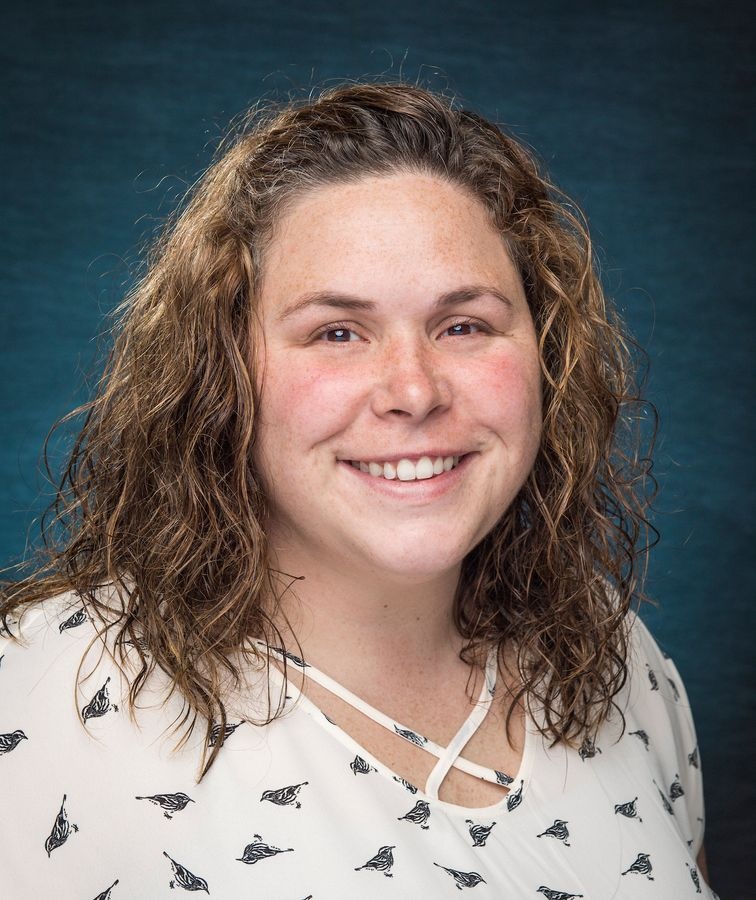Paula A. Baisden
Assistant Professor
Dr. Paula Baisden is a dedicated mental health nurse, educator, and advocate with a passion for shaping the next generation of compassionate healthcare professionals. With a firm belief that education is the answer to the world's most pressing problems, she approaches her work with a deep sense of purpose emphasizing that we save the world one person at a time. Dr. Baisden teaches full-time in undergraduate nursing programs, specializing in mental health care, while also instructing courses in health policy, statistics, and educational methods as needed.
Her approach to nursing education is deeply human-centered, integrating both evidence-based practices and emotional intelligence. She is known for cultivating safe, engaging learning environments that promote reflection, curiosity, and critical thinking. Dr. Baisden’s commitment to her students extends beyond the classroom, encouraging them to consider the broader cultural, social, and emotional contexts of patient care.
Throughout her career, Dr. Baisden has served on multiple committees at the school, college, and university levels, supporting initiatives that align with her mission to foster global awareness and professional empathy in nursing students. She has contributed to the field through presentations and publications in local, national, and international forums. Dr. Baisden’s work exemplifies a holistic approach to nursing education balancing rigor and compassion, theory and practice, and local and global perspectives.
Education
PhD(c) in Nursing, East Carolina University
EdD in Leadership and Learning, Aspen University
MS in Nursing Education, Aspen University
BS in Nursing, Valparaiso University
Specialization in Teaching
Dr. Paula Baisden specializes in teaching undergraduate mental health nursing with a focus on empathy, therapeutic communication, and holistic care. Her teaching is rooted in experiential learning principles, using innovative strategies to help students integrate theoretical knowledge with real-world application. Whether through clinical simulations, reflective assignments, or travel-based activities, Dr. Baisden emphasizes the emotional and interpersonal aspects of nursing that are vital to effective mental health care.
In the classroom, she creates inclusive, learner-centered environments that prioritize safety, curiosity, and emotional intelligence. Dr. Baisden is particularly skilled in fostering student engagement through creative, multimodal approaches—such as film analysis, case-based discussion, and interactive projects—that reflect the diverse ways in which students learn. Her courses encourage students to examine not only clinical best practices but also the social determinants of health, stigma, and systemic barriers to care.
In addition to her core teaching in mental health, Dr. Baisden also teaches in the areas of health policy, statistics, and nursing education, drawing on her interdisciplinary expertise to equip students with a broader understanding of the healthcare landscape. She advocates for culturally responsive and globally aware curricula, challenging students to think critically about their role as future nurses in a complex and ever-changing world.
Through her teaching, Dr. Baisden aims to graduate nurses who are not only clinically competent but also deeply empathetic, self-aware, and committed to social justice in healthcare.
Research Interests
Dr. Paula Baisden’s research centers on immersive experiential learning, with a primary focus on study abroad and travel-based educational experiences. Grounded in Kolb’s Experiential Learning Theory and the affective domain of learning, her work explores how real-world, emotionally engaging experiences enhance information retention, critical thinking, and global awareness in nursing students. She believes that students who explore the world are better equipped to change it.
Study abroad plays a central role in her research, as it exposes students to diverse healthcare systems, cultural practices, and ethical challenges—fostering empathy, adaptability, and a nuanced understanding of global health. Dr. Baisden examines how these high-impact experiences transform student perspectives and encourage lifelong learning and professional growth.
In addition to international travel, her research investigates simulation-based learning, which provides students with opportunities to develop clinical judgment and emotional resilience in a risk-free environment. She explores how these simulations bridge the gap between theory and practice, supporting the development of confident, prepared practitioners.
Her research also includes media-based learning, incorporating film, television, and social media as tools to engage students in discussions around healthcare, ethics, policy, and communication. By leveraging accessible and relatable platforms, Dr. Baisden creates opportunities for meaningful engagement and reflection. She has presented and published her findings at numerous professional conferences, contributing to the ongoing evolution of innovative nursing education.
Professional Service
Chair of SON International Study Abroad Committee (ISA)
Member of CHHS Intercultural and Global Education Committee (IGEC)
Previous member of UNCW Faculty Senate
Member of American Psychiatric Nurses Association
Community Engagement
Dr. Paula Baisden’s work in community engagement extends beyond traditional definitions, focusing instead on how immersive experiential learning fosters meaningful connections between students and communities—locally and globally. Rooted in Kolb’s Experiential Learning Theory and the affective domain of learning, her research examines how real-world experiences enhance knowledge retention, critical thinking, and global awareness.
A central feature of Dr. Baisden’s approach is the intersection of experiential learning and cultural engagement through study abroad and travel-based education. She leads students beyond the classroom into immersive environments such as historical archives, museums, and culturally significant healthcare sites. These experiences encourage students to interact directly with local nurses, healthcare providers, and scholars, gaining firsthand insight into diverse healthcare systems, policies, and social determinants of health.
Through these engagements, students not only deepen their academic understanding but also build empathy, adaptability, and cultural humility—key attributes for future nursing professionals. Dr. Baisden views these global interactions as a vital form of community engagement that broadens students’ worldviews and encourages them to become globally minded practitioners.
In addition to travel-based learning, Dr. Baisden incorporates simulation-based education as a form of community immersion, helping students practice clinical skills and emotional preparedness in lifelike, ethically complex scenarios. She also explores media-based learning—using film, television, and social media—to stimulate discussion on healthcare ethics, equity, and policy. Her work ultimately seeks to cultivate informed, reflective nurses who are actively engaged with the communities they serve, both at home and abroad.
Honors & Awards
2020 (Inaugural) Annual Daisy Award for Outstanding Nursing Faculty (by student nomination and faculty vote)

